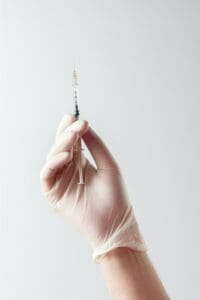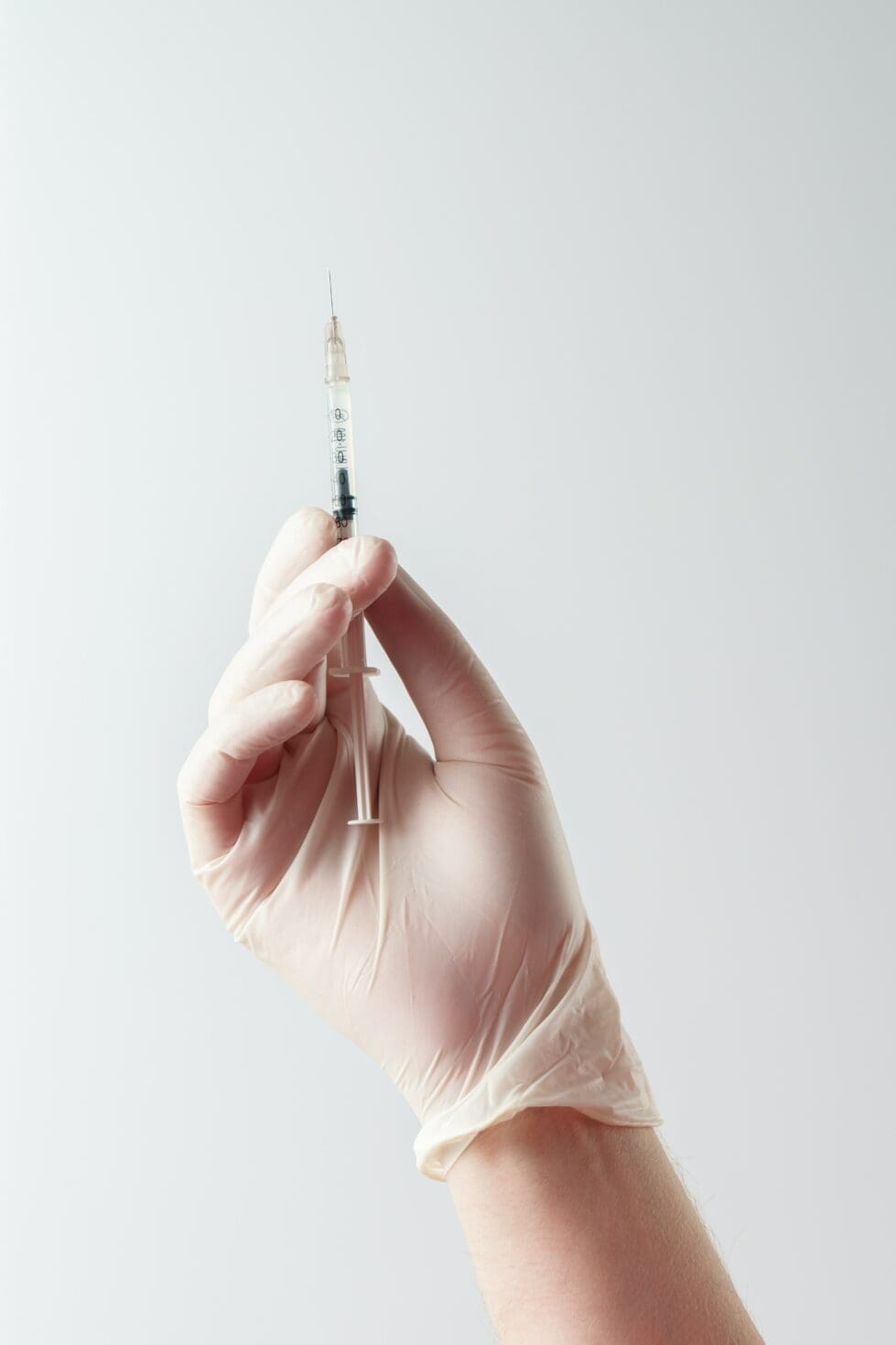

Senate bill would change needle exchange program
A bill heard Wednesday in the Senate Health & Social Services committee would alter the state’s needle exchange program to allow people to get clean new needles without exchanging them for dirty needles.
Senate Bill 52, sponsored by Sen. Marie Pinkney, D-Bear, would change the Sterile Needle and Syringe Exchange Program into the Sterile Needle and Syringe Service Program, allowing people to receive needles on an as needed basis instead of a trade.
It seems likely to pass because Democrats have a supermajority in the Senate and the bill’s 17 cosponsors are all Democrats.
Senate committees do not vote in public and results are not known until they are posted hours later on the state bill tracker.
The topic generated a lot of discussion.
Dr. Lynn Morrison, CEO of Brandywine Counseling & Community Services, said as an expert witness that the move would help reduce the transmission of Hepatitis C and HIV in their communities.
During committee discussion, Sen. Eric Buckson, R-Dover, said he believes the bill might be a step too far and would prefer instead of giving people 10 or 20 needles that it’s limited to 10.
The program is based on the hope that addicts will come in one day and ask for help instead of needles, he said.
“And when you give 20, you contribute to a likelihood that they’re gonna take a longer time to come back,” he said. “That’s just based on what I’ve read. The key to this success is the connection that you have.”
Morrison responded that it would be more helpful if there isn’t a limit on the amount of needles people can receive.
“What we’re trying to accomplish is an as-needed basis and if you’re capping it at a number, then you’re not meeting a need,” Morrison said. “You’re continuing to put a limitation on someone’s capability to get what they need. And the need is not so that we won’t see you, it’s so that it will last you until we see you again.”
The bill’s fiscal note estimates it would cost $100,000 in the 2024 fiscal year, $103,000 in the 2025 fiscal year, and $106,090 in the 2026 fiscal year.
This is based on an estimated 1,150,000 additional needles that must be purchased at a median of nine cents each.
Buckson said he’s seen statistics showing that letting people get as many needles as they want will lead to more needles in the community.
Morrison said that the research she has seen doesn’t show an increase in the amount of needles in a community where programs have allowed people to get needles on an as-needed basis compared to a needle exchange.
Delaware’s needle exchange program was created in 2004 by former Sen. Margaret Rose Henry.
Sen. Laura Sturgeon, D-Hockessin, suggested the program could go further, which Morrison said could include safe injection sites, drop boxes for needles and changing the law on having needles.
Part of the reason that people don’t properly dispose of needles, Morrison said, is because they are worried police might charge them.
Buckson hoped that if the bill makes it to the Senate floor, everyone will be more familiar with some of the research on why these programs don’t work.
Several people spoke in favor of the bill, including James Dowling, the administrator for the Delaware Division of Public Health HIV Prevention Program; Tyler Berl, executive director of the Delaware HIV Consortium; and Sarah Stones, the chair of the Delaware Drug Overdose Fatality Review Commission.
Perennial General Assembly public commenter Robert Overmiller said he was against the bill because people can buy needles at a pharmacy.
Share this Post


